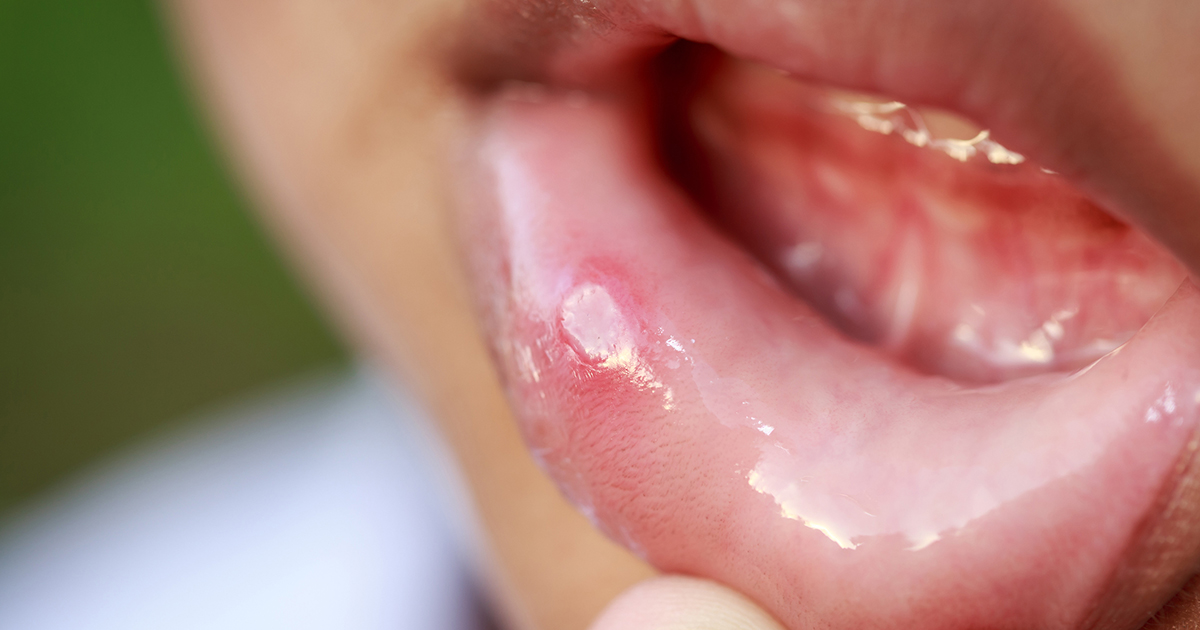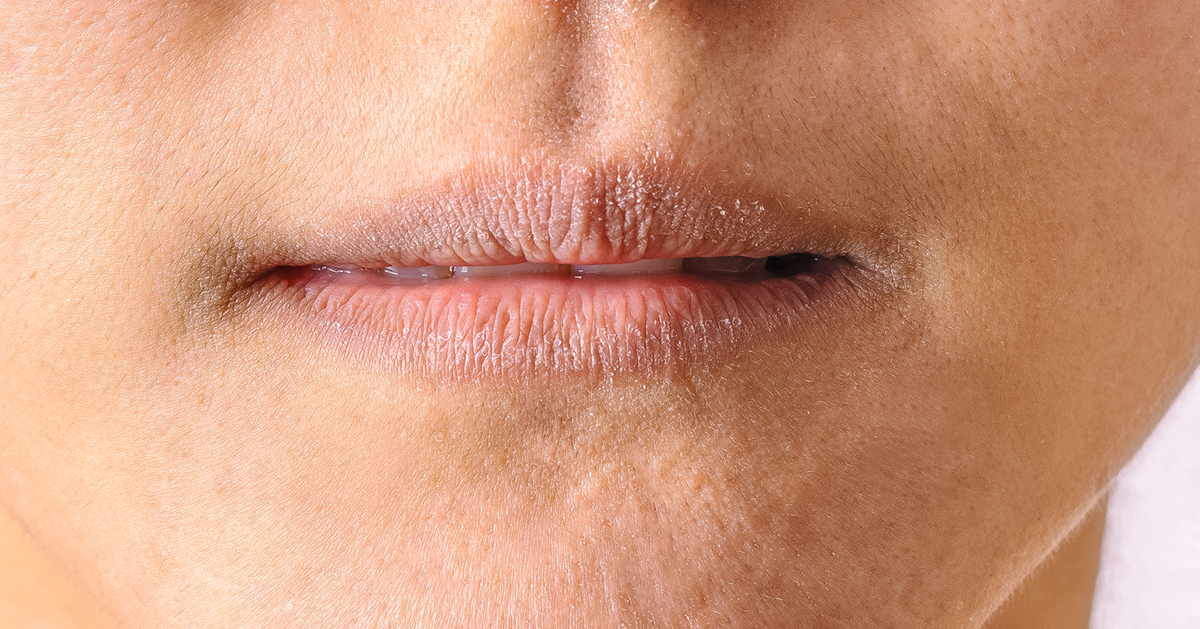Symptoms Of Thrush
Commonly referred to as thrush, candidiasis is a fungal infection caused by several types of candida (a type of yeast). Thrush is known to affect nearly all parts of the digestive system and the skin, and when it appears in the mouth, this condition characterizes itself as white patches on the tongue or the walls of the mouth. Other symptoms are trouble swallowing, burning and soreness in the mouth, cotton feeling in the patient's mouth, loss of taste, and cracked skin at the corners of the mouth.
Candidiasis infections in other parts of the body, such as the vagina, are called yeast infections. Thrush is most common in children under a month old, individuals with weakened immune systems, and the elderly. There are different causes of oral thrush each depicting unique and sometimes similar symptoms. Get to know them now.
Lesions In The Mouth

There is a myriad of causes of mouth lesions, ranging from poor dieting, trauma, and stress, to common and uncommon diseases. There is, however, no direct indication of how often these diseases and conditions are the actual cause of lesions, as well as burning and soreness in the mouth. Some of the most common medical conditions that cause mouth lesions are gonorrhea, erythema multiforme, herpes simplex, HIV and AIDS, leukoplakia, acute necrotizing ulcerative gingivitis, erythroplakia, syphilis, gingivitis, epulis, tuberculosis, and radiation.
Though some of these conditions are unfamiliar to many individuals, most of these are prevalent conditions affecting more than ten million individuals in the United States. There are also other rare causes of mouth lesions such as Behcet’s Syndrome. It is important to get the services of a qualified physician to get the correct diagnosis and medication to the lesions or their cause.
Loss Of Taste

As in mouth lesions, there are various causes of formation of thrush in the mouth that inhibits taste. According to experts, one of the major activities that cause an individual’s ability to taste to become inhibited is tobacco smoking. This is by numbing and killing (in prolonged tobacco use) the taste buds in the tongue. Patients who have quit tobacco smoking may gradually regain part of their sense of taste and smell or fully regain the senses if they have not engaged in the vice for too long.
Prolonged exposure to toxins like insecticides is also a known cause of loss of taste and cracked skin at corners of the mouth. Thrush caused by disease or infections also inhibits taste sensations. Though temporary, oral thrush could cover up the taste buds in the mouth inhibiting the sense of taste in an individual.
Cracked Skin At Corners Of Mouth

Skin cracking at the corner of the mouth is a chronic inflammatory condition known as perleche or angular cheilitis. The cracks can be very painful, especially when opening your mouth to eat. Though it is a common opinion that dry skin is a cause of cheilitis, it is untrue. Most cases of perleche are caused by moist conditions at the corner of the mouth for prolonged periods. Collecting excess saliva often due to poor fitting of dentures is a major cause of these cracks. Other causes of perleche could include deficiency of vitamin B-12 and B-9, and contact allergies to toothpaste or lipstick. Though disturbing and sometimes embarrassing, cheilitis is easily curable.
Burning And Soreness In Mouth

Oral candidiasis is not a common problem in healthy children and adults, and individuals with lowered immunity from infections like HIV/AIDS and cancer treatments stand the highest risk of getting serious thrush. In these cases, thrush becomes very painful characterizing red patches in the mouth, which can extend into the esophagus, the long tube connecting the mouth to the stomach. There also might be slight bleeding from the lesions and patches in the mouth, especially when brushing one’s teeth and chewing hard foods. Poorly fitted dentures are also a cause of burning and soreness in the mouth. Upper dentures are most commonly linked to causing soreness mostly because they inhibit the individual’s ability to control saliva if poorly fitted.
Cotton Feeling In Mouth

Saliva is very important in keeping our mouths moist, cleansing them, and digesting food. Saliva also helps in fighting and controlling fungi and bacteria that could cause thrushes and lesions in the mouth. A cotton feeling in the mouth means you do not have enough saliva, which could present a great danger to your oral health. Side effects of certain medications could cause a cottony feeling in the mouth. Antibiotics are known to cause a dry mouth in most patients, and medication used in the treatment of anxiety, depression, allergies, and colds are also common causes of dry mouth. Certain diseases like Sjogren’s Syndrome and HIV/AIDS are also known to have dry mouths as one of their side effects. Other causes are smoking tobacco and breathing with your mouth.
Summary

Thrush-causing yeasts are generally present in all human beings, even the healthy ones, and they are frequently part of the normal human intestinal and oral flora. Their growth is, however, limited by the immune system of an individual. The fungus usually thrives in moist conditions. A range of factors influences the growth of candida. In the mouth, thrush is mainly a sign of poor oral hygiene but could also be caused as stated earlier by the presence of diseases that lower the immunity of an individual, such as HIV/AIDS and cancer treatments. Extended use of antibiotics can also eliminate the fungi’s natural competition for food and encourage the development of the yeast.
Pain in the mouth could be a serious symptom of progressed infections in the oral cavity or the immune system. It is important to avoid toxic substances like smoking or chewing tobacco and use of insecticides, as they are common causes of thrush. Good oral hygiene is the best measure to prevent the growth of the fungi combined with good eating habits to avoid infections that lower the body’s immunity.
